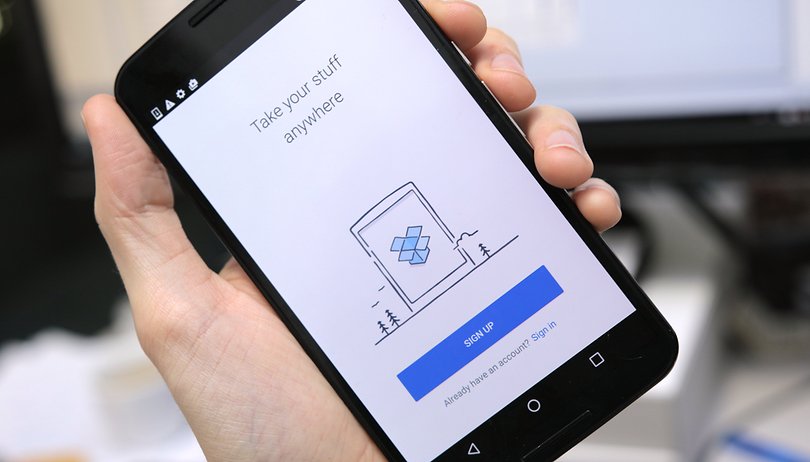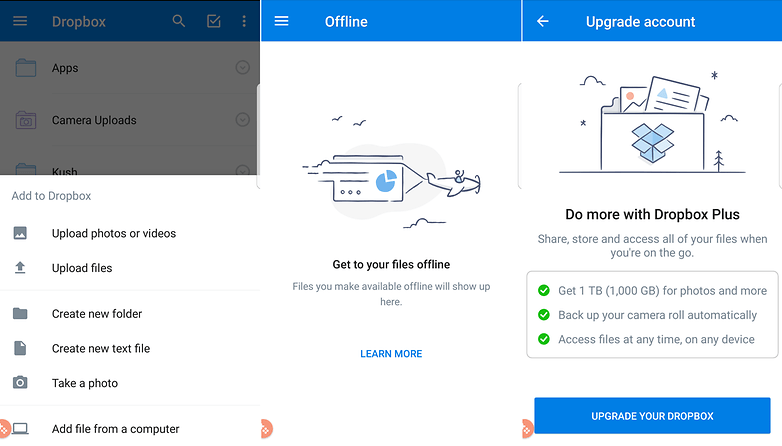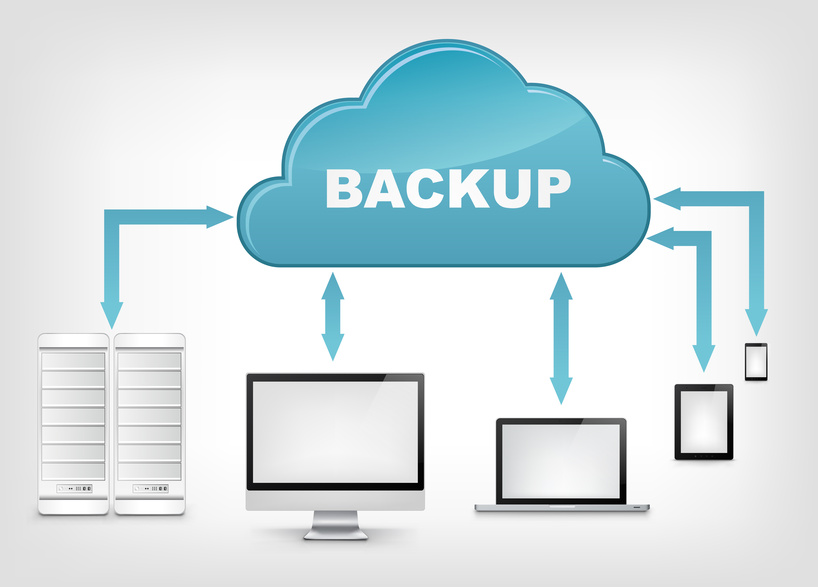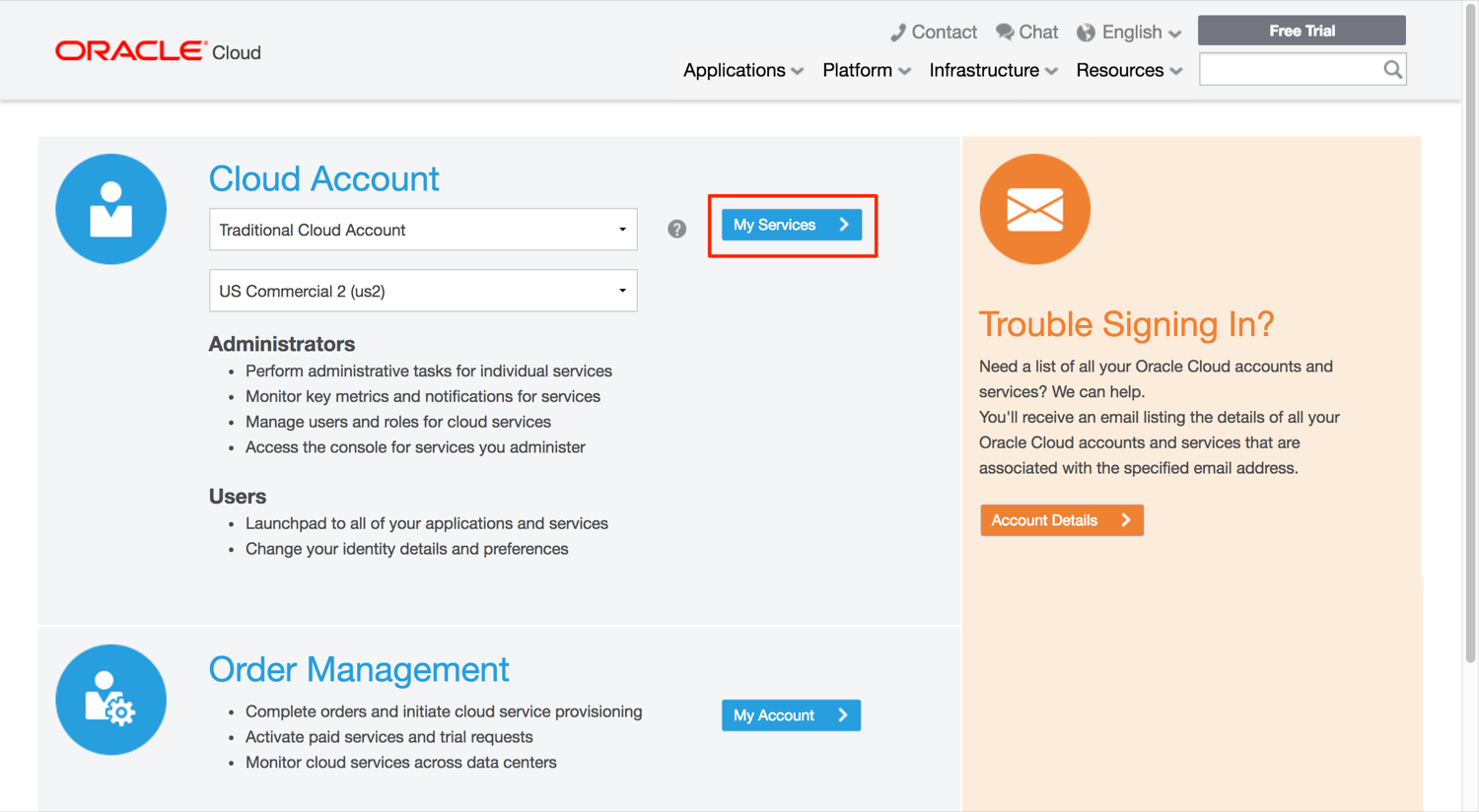There still seems to be quite a considerable amount of doubt out there about cloud storage, particullarly in relation to its security. There is a common thought that it is not just simple to hack, yet additionally that Google has total access to your information alongside the NSA. This article will try to address a few of the most common misconceptions about cloud storage and furthermore, tragically, to confirm a portion of your worst fears.

Cloud storage safety tips
Initially, we give you some quick tips on how to remain safe when using cloud storage
- Read the terms and conditions of your chosen cloud storage service and make sure you are OK with all the terms and conditions what it contains.
- Make sure that your uploads and downloads are encoded, and if at all possible, use a service that keeps your data encoded in the cloud and that additionally restrains the number of people that can get access of it.
- Pre-encryption instruments like Boxcryptor and Spideroak enable you to encode your data before it ever reaches your cloud service. This is an extraordinary thought for bringing your data security into your own hand.
- Don’t upload anything that you are not comfortable having gotten to by someone else, regardless of whether that is an employee of your service provider, advertisers or the government.
- Password ensure your home Wi-Fi and don’t upload content on open connections, such as at a library or cafe.
- Don’t upload anything to the cloud that is illegal or highly delicate such as naked pictures, medical records, and financial information are an undeniable no-no if you’re at all paranoid.
- Get yourself a stone-solid password and don’t tell it to anyone. Even better, use a password manager.
- Use numerous cloud services for an additional layer of repetition and backup everything outside of the cloud too.
- Anticipate what may occur and anticipate it such as disabled account, stolen laptop, crashed servers, etc.
- Don’t assume a cloud service will be dependable and you’re probably not to be disappointed if and when it turns out not to be.
- Of course, try to pick a service with a good security reputation before you begin as well.

You need backups for your cloud backup
One of the less discussed issues is that of the lastingness of your data. As in, if something happens to your cloud supplier what happens to your data? When MegaUpload shut down some time back there was a ton of uploaded data that simply evaporated into thin air. Most significant services do not ensure the continued availability or respectability of your uploaded substance, so you need to consider what your desires for your data are before you submit it to the cloud.

You’ll need to make sure you completely understand whether you can recover your data back if your account is deactivated or the service closed down as well. And if there’s an issue on their side and your data is ruined, what then?
Know what happens if you lose access
You’ll also need to make sure that you understand precisely how your account can be deactivated and what happens to your data if it is. Let’s assume you have a paid service and you miss an installment then are you simply bolted out until you pay your charges or is your data lost? To what extent is your data saved until it becomes inaccessible?

Nobody likes to read the fine print, however, if you’re anticipating on putting vital documents or pictures on the cloud, you need to make sure you know what happens to them in the event of something going awry. And it goes without saying that you need to use the cloud as a component of a backup procedure with various storage points, this is called redundancy. Do not upload to the cloud alone and anticipate your data to be secure. You’ll additionally want to arm yourself with information about the laws governing the country or countries in which your data is to be stored.
Know who else has access to your data
The biggest question is: who approaches to your data? Possibly you have it encoded while it’s being uploaded and your account is secured by an invulnerable password, but what does that mean for if the NSA, the cloud service’s employees and every advertiser on the planet has free access to your valuable data? CISPA the Cyber Intelligence Sharing and Protection Act, 2013 has widespread help via the technology sector, including Google, and this law implies that the companies you use can screen your cloud content with the goal of ”letting the government know” if they come across anything dodgy. This is an absurd invasion of privacy whether it is framed in terms of ”matters of national security” or not.

It appears to be conspicuously clear that anyone up to no good is not really going to be hosting their worldwide domination strategy in the cloud, so this act actually just gives companies full power to snoop in your data and, probably, use that to either target you with promoting or surprisingly more dreadful, to data mine your information and sell it to advertisers.
Make sure your data is encrypted at every stage
The next bugbear is about encryption: is your data encoded while being uploaded and downloaded, and is it encoded while it is facilitated in the cloud? If you don’t want to read the terms and conditions of your service you can simply do a test upload and check if your URL starts with https or the padlock icon appears in your address bar. Past this, you’ll need to realize who approaches the encryption keys and what sort of security efforts your service has in place.

Keep in mind that the NSA was simply backdooring Gmail as it bounced between Google’s servers and data centers since it was encoded during sending. If your service doesn’t already encode during upload and download, you’ll either need to discover a service that does or use a third-party application to carry out the job. You have to know whether everything is encoded as well, or simply certain sort of documents.
Compare cloud storage providers before choosing one
While picking a cloud-based storage solution, do few comparisons. You don’t need to be an ace to make sense which is better, simply look for normal standards and hope to see who appears to prove out on top. For instance, 256-bit encryption is clearly better than 128-bit. Specifically, you can see one of the numerous reviews of the best cloud services accessible. In particular, you could see at one handled by a securities firm or consumer decision agency. Find out if the service stores multiple copies of your data if there should arise an occurrence of server crashes or natural disasters. Two-step verification is also a good start, and giving the client the master key is a lot more secure than your service provider holding onto it, as they can easily be subpoenaed by the government.
Also Read: Passwords Storage – Protect & Remember For PC (Windows & MAC)
The reality of the situation is, cloud storage is actually no less protected than any other Internet-based substance. So take some simple steps to make good choices while picking a provider, what you choose to upload, your secret key, how many backups you have and don’t forget to take some personal liabilities by pre-encoding your data before uploading it.
What steps do you take to ensure your data is safe in the cloud? Let us know in the comments below.